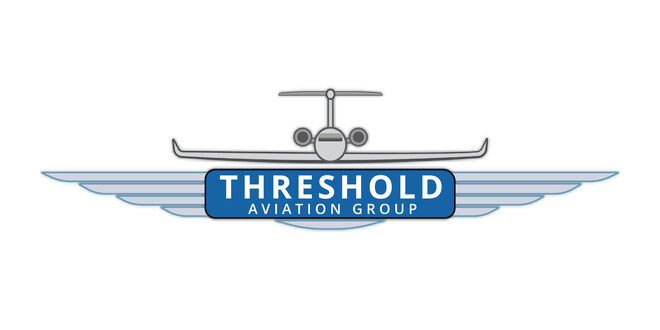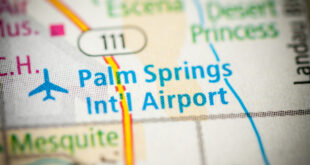Businesses have faced unprecedented challenges from the coronavirus pandemic, and Threshold Aviation Group is spotlighting companies that have rapidly adapted and are even thriving in this new, vastly-altered economy.
The Aviation industry is one of the industries hardest hit by the crisis. Thanks to innovative and forward thinking by CEO and owner, Mark DiLullo, a veteran and former Air Force Pilot, the company is actually reporting substantial year over year growth.
“Our business model has always been to fly, maintain and manage airplanes for our clients in the safest most efficient and cost-effective manner,” said Mark DiLullo, CEO of Threshold Aviation Group. “Due to COVID-19, we are now using the same skill sets and approach to keep planes safe and properly maintained when they are not flying. The Aviation Industry has not seen this many planes grounded since 9/11.”
When the crisis first hit, Aviation came to a standstill as people no longer wanted to travel. From the outset of the pandemic, DiLullo and his management team developed a strategy to redirect efforts to allow the essential aspects of the company to more than just cope with the crisis.
“Even if you included available parking space at every airport in the world, there is not enough space to park all the airplanes that were going to be idled,” DiLullo said. “The system is designed with the idea that the majority of the Airline Fleet will be in-flight, moving people from place to place in almost constant motion. When the music stopped due to the pandemic, there was not going to be enough places to safely park and maintain the grounded fleet.”
Under Mark’s direction, the team at Threshold began reaching out to both the owners of planes and places that could rent them space to store and maintain them. Even though Threshold has three hangars with over 150,000 sq ft and a large ramp area at the Chino airport, they went looking for more.
“Parking an airplane is not like parking an old pickup truck,” said DiLullo. “There are mandated minimum maintenance standards for both short (meaning ready to fly at a moment’s notice) and longer term storage of aircraft.”
“Parking an airplane is not like parking an old pickup truck,” said DiLullo. “There are mandated minimum maintenance standards for both short (meaning ready to fly at a moment’s notice) and longer term storage of aircraft.”
Planes need regular service including powering up critical systems such as engines, hydraulic, and electrical components, among others, as well as things as simple as maintaining proper air pressure in the tires.
Airplanes also need to be stored in the proper environmental conditions. Since there is not nearly enough hangar space to cover the number of planes, they must be stored outdoors. Exposure to elements such as high humidity, air that is high in chlorides (SALT), lightning, rain, hail, or extreme cold is bad for maintaining airplanes. This makes the desert conditions of Inland Southern California highly-desirable for aircraft storage.
Threshold recently acquired space in the Barstow area and is looking to add to its portfolio of storage options as business has been favorable.
“We are in discussions now with more companies that need to find space for their idled planes,” said DiLullo.
Threshold would not release details and or names of those inquiring but would say that the planes would have names and logos that anyone familiar with the airline industry could identify.
“Companies are not looking at COVID as a short-term temporary moment in time, but are seeing this as a real fork in the road and are reimagining their business in a world where the physical assets of businesses can’t be used in the traditional way, but need to be reimagined or repurposed,” said economist Jay Prag of the Drucker School. “Mark DiLullo is clearly thinking in that manner – not waiting for COVID to be over but, reimagining and adapting his business to the likely long-term impact.”
 IE Business Daily Business news for the Inland Empire.
IE Business Daily Business news for the Inland Empire.


